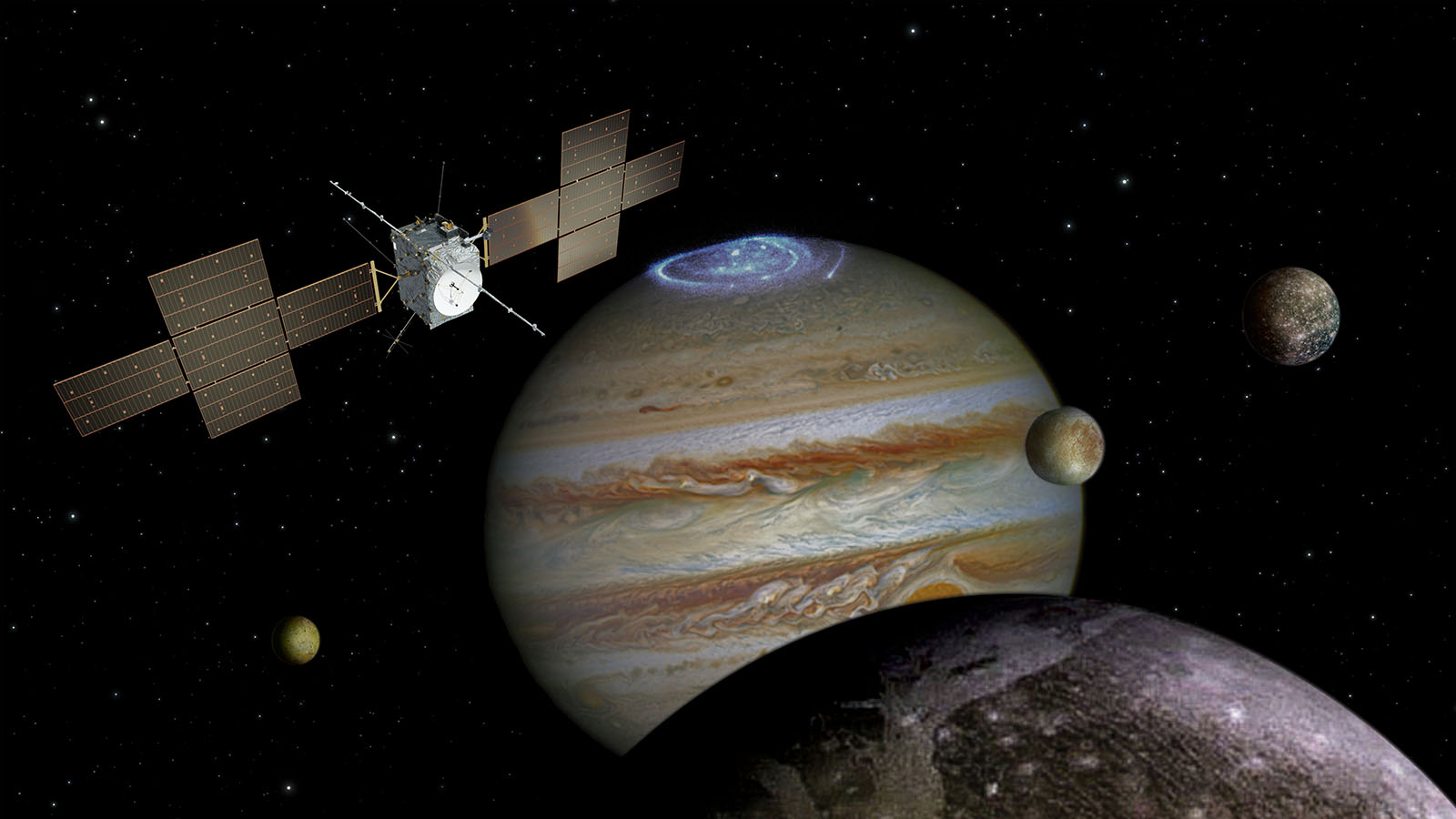NASA, Mars One, or SpaceX: Who Has the Best Chance of Getting to Mars?

NPR‘s Nell Greenfieldboyce wants to give people a dose of reality when it comes to the Mars mission. The finalists in the Mars One pool have been whittled down to 100 colonist hopefuls, but Mary Lynne Dittmar, an aerospace consultant, says:
“The distances that are involved and the complexities that are involved in going and staying there are really enormous.”
In Dittmar’s interview with NPR, she lists all the cards stacked against the Mars mission, like supplying enough oxygen and food, landing on a planet with such a thin atmosphere, coping with the cancerous radiation and dust, and so on. But Bas Lansdorp, Mars One’s CEO, isn’t planning for launch tomorrow. The group’s mission date falls on the year 2025, just five years ahead of NASA’s own stated goal to get a colony on Mars.
When it comes to the most likely to succeed, Robert Zubrin, an aerospace engineer who heads the Mars Society, isn’t placing his bets on NASA or Mars One, but SpaceX, founded by Elon Musk, shows the most promise.
“He developed spacecraft for one-tenth the cost and one-third the time that NASA and the aerospace major companies have done.”
So far, Musk has the proof, where Mars One has only marketing, and the funds, where NASA has been prone to government budget cuts. He’s said he expects SpaceX to be Mars-ready in 10 to 20 years — a timeline that seems to mirror NASA’s own expectations of when we’ll get to the Red Planet. Only time will tell.
For Neil deGrasse Tyson, there’s a lot of delusional thinking when it comes to commercial space flight. Using history to draw his conclusions, Tyson doesn’t see a privatized flight being first — there’s too much risk and no reward.
Read more about the race to Mars at NPR.
Photo Credit: Shutterstock





